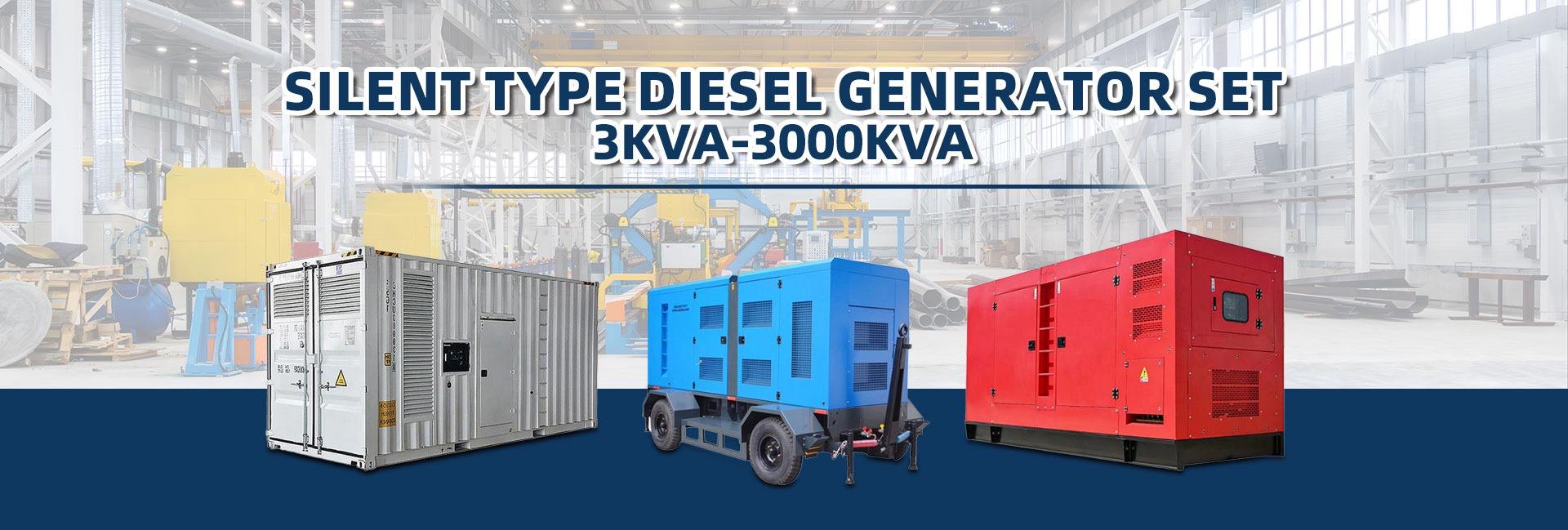Beyond the generic "generator," you'll frequently encounter the term "genset." This is essentially shorthand for "generator set." A genset refers to a complete power-generating package, typically including the engine (usually a diesel or gasoline engine), the alternator (which actually converts mechanical energy into electrical energy), the control panel, and often a cooling system and enclosure. So, while a generator might refer specifically to the alternator, a genset encompasses the whole shebang, ready to produce power. In many industrial and commercial settings, "genset" is the preferred term because it implies a self-contained, fully functional power unit. Interesting, isn't it, how a simple abbreviation can convey so much more information?
Then there’s the broader category of "electric machines." This is a more technical, umbrella term that encompasses both generators and motors. Both generators and motors work on the principle of electromagnetic induction, converting energy from one form to another. Generators convert mechanical energy into electrical energy, while motors do the opposite. So, if you're talking to an electrical engineer, they might use "electric machine" to refer to either a generator or a motor, depending on the specific application being discussed. It's a more academic term, often used in textbooks and technical documentation.
The type of fuel used can also influence the naming convention. For example, you might hear about "diesel generators" or "gas generators." This specifies the type of engine powering the generator. Diesel generators are particularly common in industrial and emergency backup power applications due to their reliability and fuel efficiency. Gas generators, on the other hand, are often smaller and used for portable power applications like camping or construction sites. The fuel source is a critical characteristic that directly affects performance, cost, and emissions, so highlighting it in the name is quite logical.
Another factor influencing the name is the intended use. "Emergency generators" are designed to provide backup power during power outages. These are often permanently installed and automatically start when the main power supply fails. "Portable generators," as the name suggests, are designed to be easily moved from one location to another. These are typically smaller and used for powering tools, appliances, or electronic devices in areas without access to the grid. The specific application dictates the design features and performance characteristics, hence the descriptive naming.
Consider the case of wind turbines. Are they electricity generators? Absolutely! They convert the kinetic energy of the wind into electrical energy. However, you rarely hear them called "wind generators." They're almost always referred to as "wind turbines." This is because the term "turbine" specifically refers to a rotary engine that extracts energy from a fluid flow (in this case, wind). Similarly, hydroelectric power plants use "hydroelectric generators" or "hydro turbines" to convert the potential energy of water into electrical energy. The specific mechanism used to drive the generator often dictates the preferred term.
Interestingly, the term "alternator" is often used interchangeably with "generator," particularly in the context of automotive applications. A car's alternator is responsible for charging the battery and providing power to the electrical system while the engine is running. While technically the alternator is just one component of the generator system (the part that actually produces the alternating current), the two terms are often used synonymously. You wouldn’t typically say your car has a “generator problem," but you might very well say it has an "alternator problem."
Worth noting, the power output of the electricity generator can also be part of its naming. For example, a "kilowatt generator" indicates a generator capable of producing power in the kilowatt range (thousands of watts). Larger generators might be referred to as "megawatt generators" (millions of watts). This allows for a quick understanding of the generator's capacity and suitability for a specific application. This becomes especially important in industrial and utility-scale power generation.
Let's look at a real-world example. A hospital needs a reliable backup power system. They would likely install a large diesel genset, complete with automatic transfer switches and redundant systems. A construction crew working on a remote site might use a portable gasoline generator to power their tools. A farmer might use a PTO (power take-off) generator, which is driven by the tractor's engine, to power equipment in the field. And a homeowner might install a standby generator powered by natural gas or propane to keep the lights on during a power outage. Each scenario calls for a different type of generator, and the terminology reflects that.
According to my experience, the most important thing is to be clear about what you're referring to. If you're talking about the entire power-generating package, "genset" is a good choice. If you're focusing on the specific device that converts mechanical energy into electrical energy, "generator" or "alternator" might be more appropriate. And if you're discussing the underlying principles of energy conversion, "electric machine" might be the best term. Language is, after all, about effective communication. Have you ever found yourself using a specific term for a generator in your own field of work? Which one and why?
So, to circle back to the original question: What are electricity generators called? They're called generators, gensets, electric machines, diesel generators, gas generators, emergency generators, portable generators, alternators, and many other things depending on their specific characteristics and applications. The key takeaway is that the "correct" name depends entirely on the context and the level of detail you want to convey. Now that we've explored the different names, hopefully, you have a clearer understanding of the nuances behind each one. Understanding this diverse vocabulary allows for more precise communication and a deeper appreciation of the technology that keeps our world powered.





